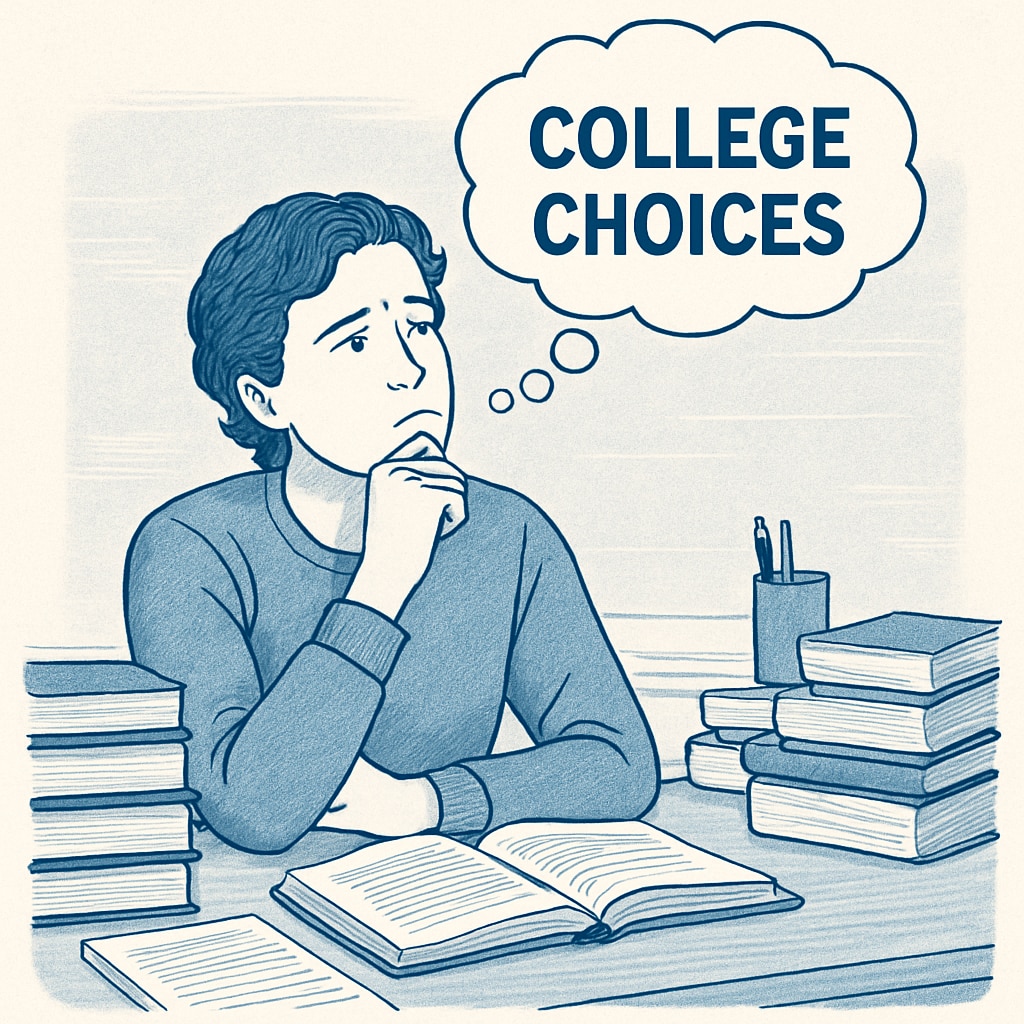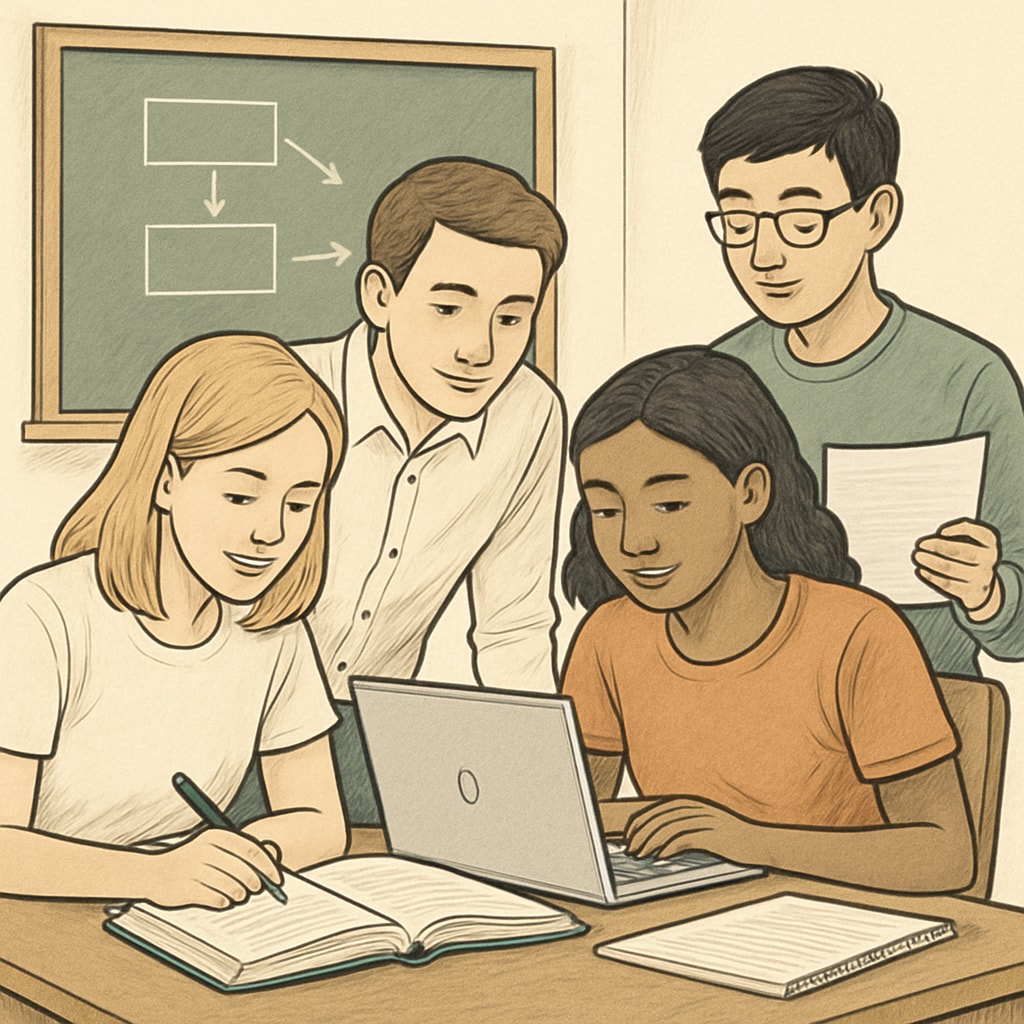The obsession with Ivy League schools, particularly Princeton University, has long been a defining feature of K-12 education worldwide. Parents and educators often equate these elite institutions with unparalleled success and prestige. However, this relentless pursuit of Ivy League admissions may be overrated, as it can overshadow the deeper purpose of education—nurturing students’ personal growth, creativity, and well-being.
Are Ivy League Schools Overvalued?
Princeton and other Ivy League schools undoubtedly boast stellar reputations, but their perceived value may be inflated by societal pressure and misplaced priorities. While these institutions offer impressive academic resources, their status as the “gold standard” of higher education often leads students and families to overlook other excellent universities that may better suit individual needs.
For example, a 2022 report by the National Association for College Admission Counseling (NACAC) highlighted that students who attend non-Ivy institutions often achieve comparable career success. This suggests that the Ivy League brand alone does not guarantee superior outcomes. The fixation on elite schools can also lead to unhealthy competition, burnout, and anxiety among K-12 students.

The Psychological Toll of Elite School Obsession
The pressure to gain admission to schools like Princeton can have significant psychological consequences for students. According to a study by the American Psychological Association (APA), high school students face increasing levels of stress, often driven by unrealistic academic and extracurricular expectations.
This culture of “elite school worship” can lead to:
- Heightened stress and anxiety among students
- Reduced motivation for genuine learning
- Overemphasis on standardized test scores over holistic development
As a result, many students miss out on the joy and curiosity that should define their educational experience. Instead of fostering a love for learning, the focus becomes a narrow pursuit of prestige.

Rethinking Educational Priorities
To address these issues, educators and parents must shift their focus away from Ivy League schools as ultimate goals. Instead, they should prioritize values that support students’ long-term success and happiness. Here are some actionable steps to achieve this:
- Encourage exploration of diverse colleges and career paths
- Focus on personal interests and strengths rather than external validation
- Promote mental health and resilience through balanced expectations
- Celebrate educational milestones beyond college admissions
By embracing these principles, we can create a healthier and more inclusive educational environment that empowers students to thrive on their terms.
Conclusion: The True Purpose of Education
While Princeton and other Ivy League schools undeniably offer exceptional opportunities, their value should not eclipse the broader goals of education. The obsession with elite institutions often leads to unnecessary stress and overlooks the diverse paths to success available to students. By rethinking our priorities, we can foster a generation of learners who value growth, innovation, and well-being over status.
In the end, the worth of an educational experience lies not in its prestige but in its ability to inspire and transform students into lifelong learners and thoughtful citizens. Let us move beyond the Ivy League mirage and embrace a more balanced approach to education.
Readability guidance: This article uses concise paragraphs, clear headings, and actionable lists to ensure accessibility. Overused phrases and passive constructions are minimized, while transitions like “however” and “for example” enhance flow.


